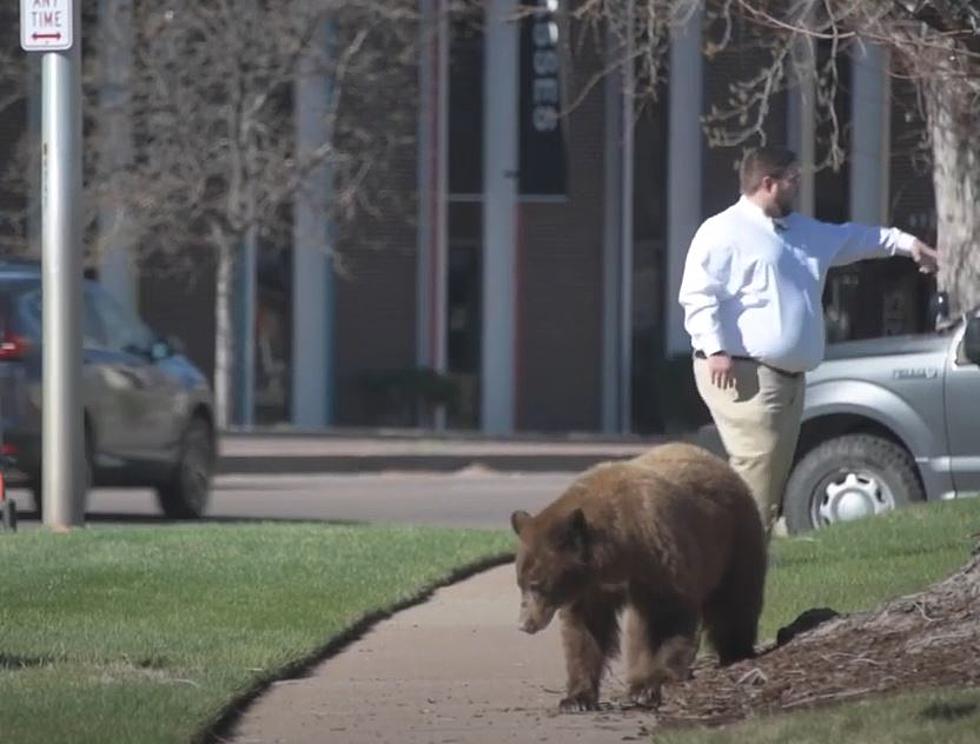
How Glenn Frey Took His Shot at TV Stardom With ‘South of Sunset’
If you're talented and ambitious enough to make it in any creative field, your dreams are probably too big to be satisfied with people thinking you're good at only one thing. Eagles co-founder Glenn Frey was just one of many celebrities who tried crossing over to another medium during the '80s and '90s, and although his acting career had its share of ups and downs, it'll always be largely defined by South of Sunset, the TV series that made him a leading man — and was canceled after only one episode.
Frey's screen ambitions first manifested themselves in the mid-'80s, when he appeared in the 1985 Miami Vice episode "Smuggler's Blues." Titled after a track from Frey's 1984 solo LP The Allnighter — and inspired by his MTV Video Music Award-winning clip for the single — the story offered Frey a supporting turn as Jimmy Cole, an airline pilot who helps the show's star detectives pose as drug runners (and takes a bullet while aiding their escape from a Colombian cartel).
His relationship with the show paved the way for his song "You Belong to the City" to appear on the Miami Vice soundtrack, giving Frey one of his biggest solo singles, while infecting him with the acting bug in the bargain.
Soon after appearing on Miami Vice, Frey booked a number of other acting gigs, including a role in the 1986 movie Let's Get Harry and an arc on another television series centering on law enforcement, the CBS hit Wiseguy. Part of the goal, as he told Interview in 1986, was trying to carve out a new career path that would keep him busy beyond what he perceived to be his looming expiration date as a rock star.
"How long am I going to be able to go out onstage and play rock 'n' roll and look young and vibrant?" wondered Frey. "Acting is something I can do until the day I die. Instead of my life consisting of going out on the road, going home, resting up, writing songs, rehearsing, recording albums and going back on the road, I have acting projects. This way my life is a lot more interesting."
While Frey pondered the end of his days as a full-time musician, his record sales seemed to indicate that his audience was moving on to other things too. While his first two solo albums went gold — and he spent the mid-'80s all over the radio thanks to "You Belong to the City" and "The Heat Is On," his hit single from the Beverly Hills Cop soundtrack — by the end of the decade, his momentum had cooled considerably; his third post-Eagles outing, 1988's Soul Searchin', made it only to the lower reaches of the Top 40, with the music arguably drawing less attention than the ads he did as a pitchman for Jack LaLanne's fitness centers.
After Frey's 1992 LP Strange Weather failed to chart, the idea of making a real go of it as an actor may have been more appealing than ever — so when CBS came calling with the opportunity to star in his own series, he signed on. The resulting project, titled South of Sunset, featured Frey as Cody McMahon, a former head of security at a Hollywood studio who quit to follow his dreams of becoming a private investigator, trading in financial security to chase lowlifes while taking cases from an office on the seedy side of Los Angeles. Rounded out by a cast that included future MADtv star Aries Spears, the show was an attempt to recapture the blend of action, drama, romance and comedy that made Moonlighting a hit the previous decade — something series co-creator Stan Rogow believed Frey was more than capable of delivering.
"With Glenn, there's frankly stuff that actors couldn't pull off — which is his persona. If an actor tries to act cool, it just seems silly. Glenn is cool," Rogow told the Los Angeles Times. "What he brings to the party is something that would almost not be obtainable with an actor of great skill, even."
While that might have sounded like a backhanded compliment, Rogow's sentiments were echoed by Frey, who described his acting career as something that fell into his lap and allowed him to stay close to home while his young children were growing up. "I don't consider myself an actor," he told the Chicago Tribune. "I'm a student being given a full scholarship. I'm learning to act in a TV show. My learning curve is very dramatic. I'm improving by leaps and bounds. I could have gone to Nashville and made another rock record. If I fail as an actor, I haven't failed."
That's the type of attitude a person can really only afford to have after they've racked up millions in another line of work, but it's also admirably clear-sighted — even in the early '90s, before the proliferation of cable channels and streaming services kicked off the era of "peak TV," the majority of any network's new fall series were more than likely doomed to fail. Even with Frey's celebrity making South of Sunset one of the more widely discussed shows of the new season, it needed to overcome tall odds to earn renewal.
Although South of Sunset's creators would later accuse CBS of undermining the show's chances of success by neglecting to provide critics with screeners of the pilot, the network didn't skimp on promos — they had the rights to broadcast the World Series that year, and peppered their coverage with a slew of ads for the series. Unfortunately, they didn't convince many people to tune in the night of the show's premiere on Oct. 27, 1993: According to the Los Angeles Times, the broadcast drew less than 10 percent of the viewing audience, or "what is thought to be the lowest rating ever for a network prime-time series premiere."
That was evidently all the network needed to see to make a decision regarding South of Sunset — execs quickly pulled the plug on the series, making Frey part of an infamous list of shows canceled after airing only a single episode. The creative team was understandably unhappy with the decision.
"You struggle so hard to get on a network's schedule," Rogow told the Times. "So you've got to take this as a good news, bad news sort of thing. I just don't think anybody figured on how bad the news was going to be."
For Frey, South of Sunset's speedy demise spelled the end of his serious run at an acting career. Although he'd go on to land some notable roles in subsequent years, including an appearance in Jerry Maguire, a renewed focus on music loomed on the horizon — in fact, before the year was out, he'd find himself in the midst of unlikely reunion with his former bandmates in the Eagles, starting a lucrative second act for the group.
Eagles Lineup Changes: A Complete Guide
More From Kool 107.9
![Classic PFM: Peyton Poses as Intern for Denver Broncos [Video]](http://townsquare.media/site/49/files/2021/05/Peyton.jpg?w=980&q=75)









